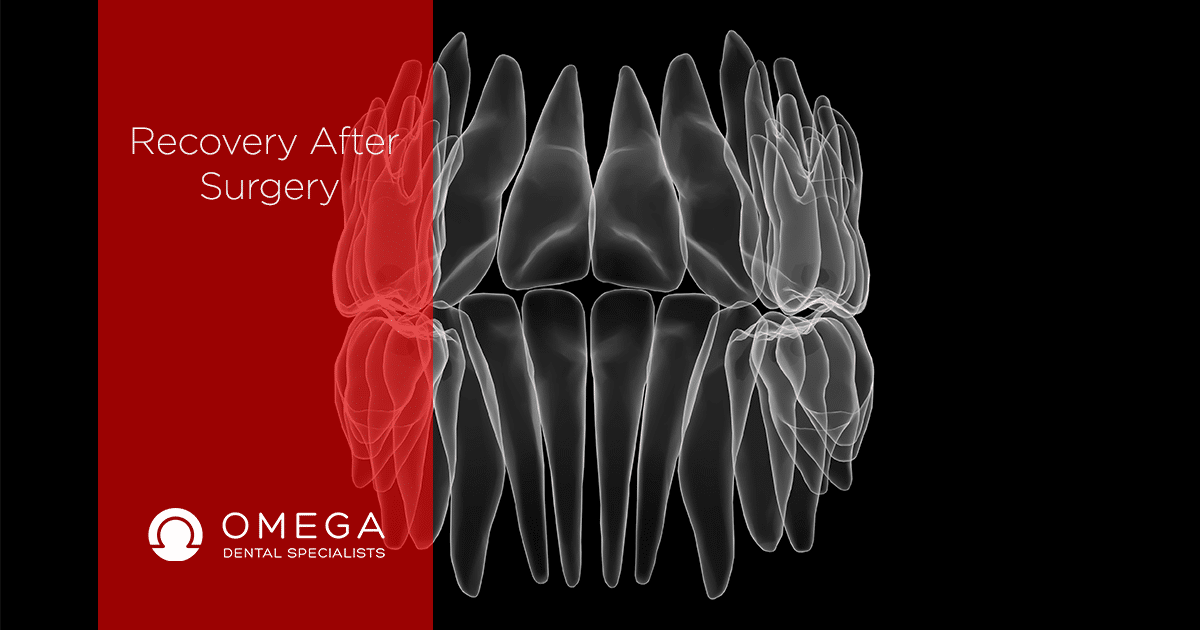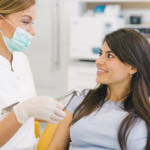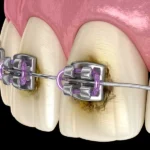What to expect after wisdom teeth removal

Wisdom teeth removal is a surgical procedure that requires patients to follow post-operative instructions diligently to avoid discomfort and potential discomfort like a swelling, infection. Below are comprehensive description events.
Table of Contents
Immediately After Wisdom Teeth Removal
• Wait for at least 30-60 minutes to remove the gauze pad that was placed over the surgical site. Once that time has elapsed, remove the gauze carefully.
• Do not try to manipulate the surgical site to avoid disturbance of clot leading to bleeding. Avoid rinsing your mouth since clotted blood that safeguards the wound could dislodge.
• Take the pain medication as prescribed.
• Limit vigorous activities on the day of the procedure and resume only after 48 hours when you have recovered.
• Use ice packs on your face immediately post-op to avoid swelling and discomfort.
Potential Bleeding After Tooth Extraction
Some slight bleeding can occur after surgery. Such bleeding or seeing red saliva is common. Bleeding can be controlled by placing gauze on the surgical site and compress your jaw firmly for half an hour. This can be repeated for up to 2 hrs. Do not chew on the gauze since saliva flow could increase and cause more bleeding. The surgical site could also be disrupted. Do not try a vigorous activity and sit up head elevated. If bleeding cannot be stopped, contact our office, we will respond and see you immediately.
Swelling After Surgery:
Swelling after dental surgery is normal. You may also experience mild bruising, a normal body reaction that is part of healing. Sometimes swelling does not happen until the day after the procedure and can last up to 72 hours. It can be lessened by placing ice packs on the face and cheeks for up to 36 hours with some benefits in reducing pain and swelling. The stiffness of the jaw area or swelling is normal and will subside with time. Do not restrict your jaw in one closed position try to open and close as tolerated.
Is it normal to have pain after wisdom teeth removal?
Take prescribed medication as directed to help reduce post-operative pain and discomfort. Avoid driving or using heavy machinery and do not drink alcohol. Discomfort after the procedure is worst on the first day or two after the removal and will gradually lessen. If it worsens beyond that period, please call the office, and we will provide additional directions. If you are taking blood thinners, avoid NSAIDs.
Bruising After Surgery
Bruising and distinct discoloration can occur from blood seeping beneath the skin. Do not be alarmed since this is normal and can occur even days after the surgery. Some patients may take up to two weeks to see all their bruising finally disappear and their skin color goes back to normal.
What Should I Eat After Dental Surgery?
Anesthetic or sedation requires patients to rehydrate. Drink without using a straw to avoid potential bleeding by disturbing the clot over the wound. Eat only soft foods and do not chew on the surgical site. Food intake may be limited, but you should increase your consumption of fluids (half a dozen glasses of liquid daily). Eating will help your recovery and promotes healing.
Foods To Drink And Eat While Your Face Is Numb:
- Water
- Juice
- Ice Chips
- Popsicles
- Jell-O
- Yogurt
Soft Foods When Numbness is Gone:
- Mashed Potatoes
- Pasta
- Eggs
- Pancakes
- Creamed Cereals
- Soups (be careful not too hot)
Remember to sit up slowly from a prone position since dizziness can occur if your rise rapidly.
Oral Hygiene:
Limit any rinsing the day after surgery. The day after surgery you should begin rinsing at least 5-6 times a day, especially after eating, with a cup of warm saltwater.
Antibiotics After Dental Surgery
Antibiotics can help prevent infection and medication should be taken as directed. Please contact us if you have an allergic reaction.
Nausea and Vomiting:
Some patients experience nausea after sedation or anesthesia and when using pain medication. If nausea and vomiting occur, avoid eating for at least an hour and refrain from taking additional medicine. Sip on soft drinks or cold tea over several minutes and begin eating again only after nausea ends. At that point, you may again take prescribed medications. If nausea or vomiting continues, contact us we will call in for medication that controls nausea and vomiting sensation.
Other Potential Complications:
- Numbness of the mouth tissues occurs temporarily after the surgery. Avoid accidental biting of tissues since sensation can be altered. The numbness will wear off.
- A patient’s temperature may arise after surgery. If elevated temperatures continue, call us.
- Pain medications and anesthesia wearing off can cause dizziness.
- Lightheadedness can occur when standing. Sit for it at least a minute before getting up.
- Sometimes our patients feel rough areas after surgery. These patches or projections will be smoothed over time. If these feelings persist, contact our office.
- Lip dryness and cracking can occur. Please use lip balm.
- Some patients say they feel discomfort from swallowing. This subsides in a day or two.
- Jaw stiffness is not unusual and should fade over a day or two.
- Stitches can help to minimize bleeding and assist in healing. If they are accidentally loosened, there is no need to worry since they are designed to dissolve.
- You could get light-headed when you stand up suddenly. Before standing up, you should sit for a moment and then rise.
- The site of the tooth removal will fill with new tissue as the wound heals. Please keep the area clean and repeat salt water rinsing. Be careful and gentle with your toothbrush.
If you continue to experience difficulties beyond those described above, please call us. We are here to help.





